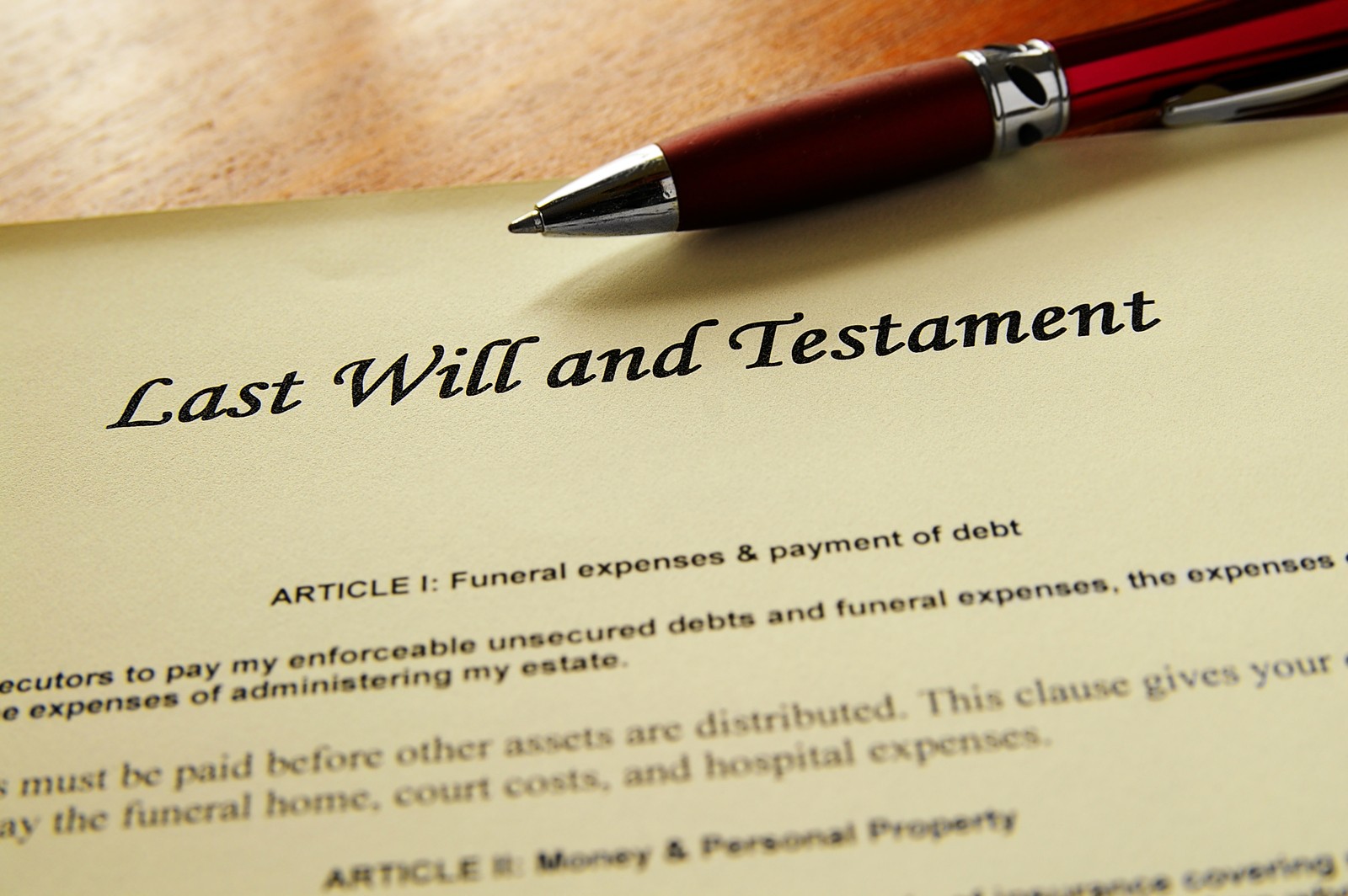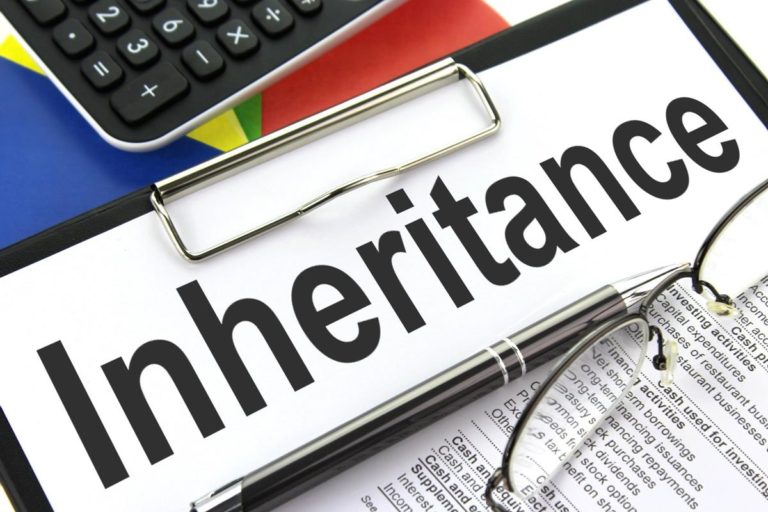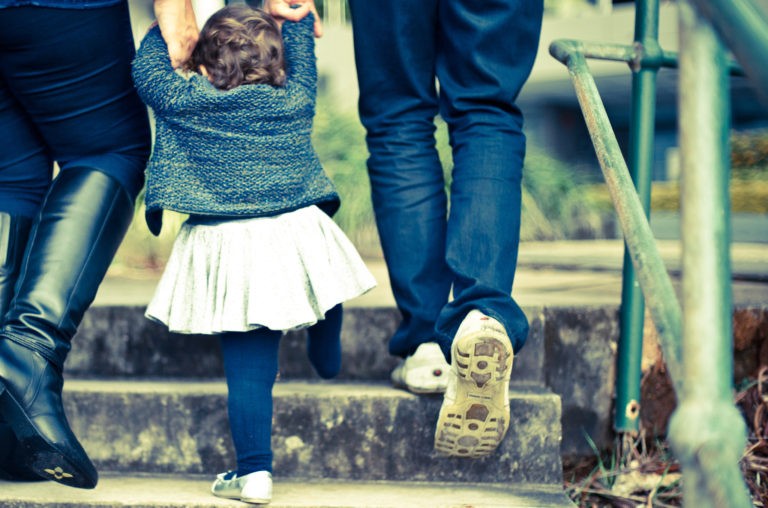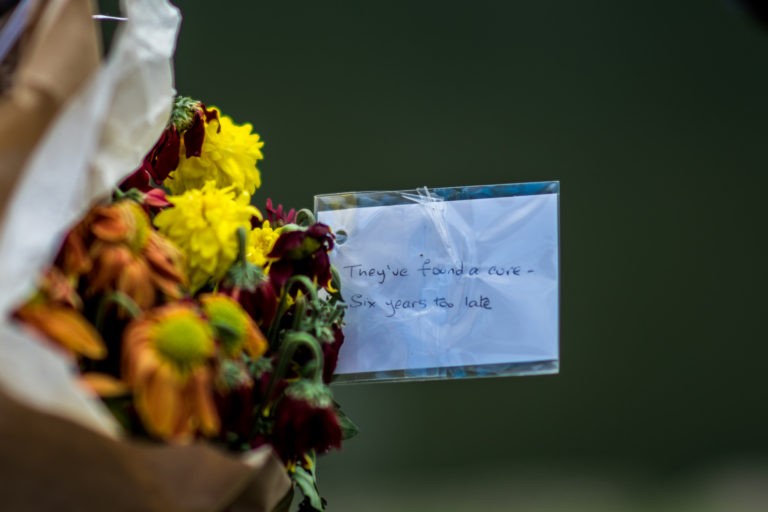Coping with grief is one of the most difficult and prolonged experiences we endure as human beings. When we suffer a passing, a divorce, or even a bad break up, we are tossed in a turmoil of emotions. We as humans often handle grief in five distinct phases; denial, anger, bargaining, depression and finally acceptance (Kubler- Ross, 1972). And while these phases are normal, their emotional toll often differs from person to person. For example, studies have long suggested that the death of a loved one increases the rate of psychological disorders amongst surviving individuals (Parkes, 1980). While dealing with heartache we must remember to take care of ourselves. It is often in our best interests to pursue bereavement counseling.
What makes Bereavement Counseling Effective?
Bereavement counseling is effective for copign with grief for several reasons and choosing the right counselor is important in your recovery. A 2015 study by Mick Cooper of The University of Roehampton demonstrated five aspects that were important in effective bereavement counseling (Cooper & Simonsen, 2015).
- Independence of the Counselor. When dealing with hardship it is often necessary to meet with someone outside of your immediate social circle. Independent counselors can provide you with objective unbiased and non-emotional advice regarding your loss.
- The listening skills of the counselor. It is important to find a counselor who is able to be attentive and patient regarding your loss
- Counselors should be non-directive. While an understanding of grief is necessary of any counselor; an effective counselor should also be able to identify other issues surrounding loss. Grief does not affect us in a vacuum and can effect everything from our work relationships to our libido. Having a counselor who is able to identify a myriad of issues is necessary for the effective management of grief.
- Challenge negative thoughts. A counselor should have the ability to challenge destructive thinking and behaviour- when grieving, we need someone who will address our destructive behaviours. Your counseling sessions should not be an echo chamber. Counselors should be able to tell us when our behaviour is healthy and normal or unhealthy and destructive.
- Normalise grief. Finally, effective counselors can normalise grief through imparting a greater understanding of processes surrounding it- your counselor should help you understand the stages of grief you are enduring. Greater understanding will grant you a feeling of healing and aid you on the road to recovery.
How do I find a bereavement counselor?
Bereavement counselors take many forms. Typically, we seek the help of qualified doctors and therapists provided through the NHS. Alternatively people can seek support groups that provide trained volunteers; through local religious or community organizations. Finally you may find it effective to contact a self-help group such as those provided by www.muchloved.com. When coping with grief, regardless of your choice, it is important to make sure those you seek are certified in bereavement counseling.
Grief is an intensely personal experience. Fortunately it is a well-studied part of the human condition, and with a little bit of research we can seek bereavement counselors that are effective for us, and thus begin our journey to recovery.
Sources:
Parkes, C. M. (1980). Bereavement counselling: does it work?. British Medical Journal, 281(6232), 3.
Simonsen, G., & Cooper, M. (2015). Helpful aspects of bereavement counselling: An interpretative phenomenological analysis. Counselling and Psychotherapy Research, 15(2), 119-127.
Kübler-Ross, E., Wessler, S., & Avioli, L. V. (1972). On death and dying. Jama, 221(2), 174-179.





